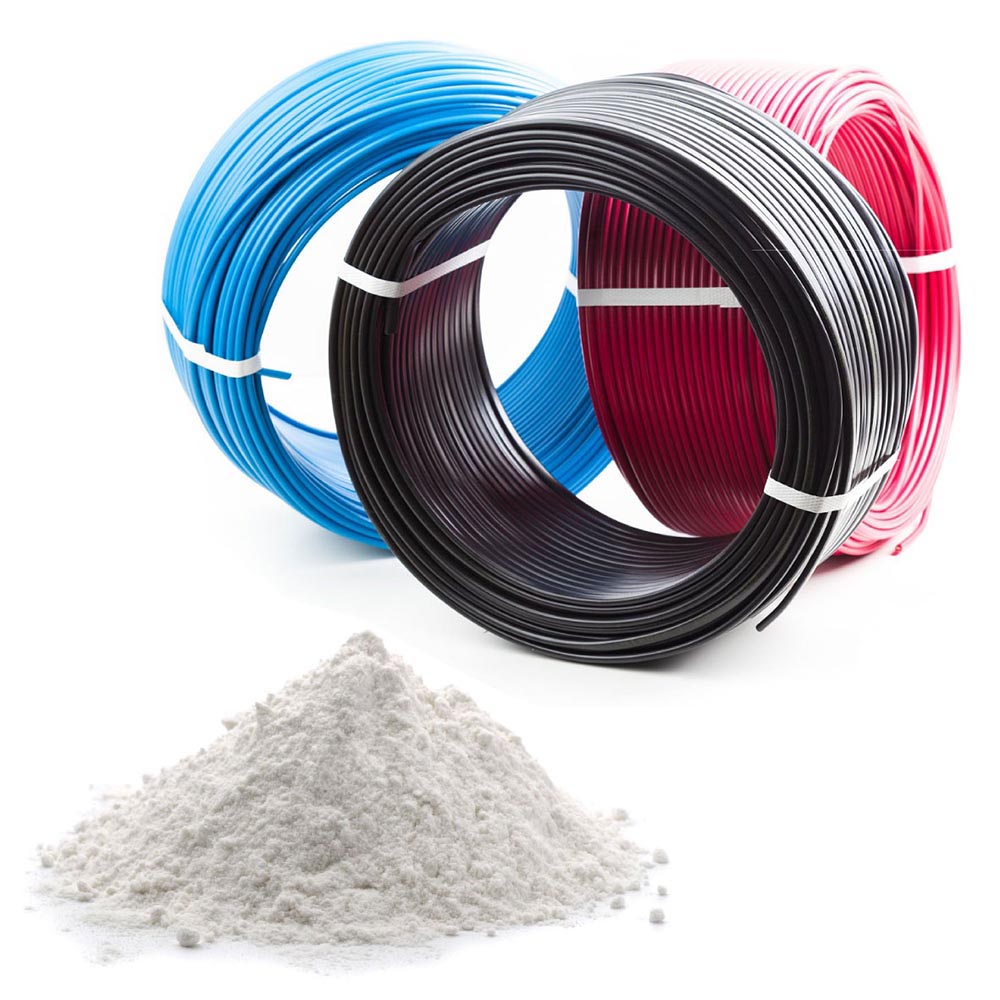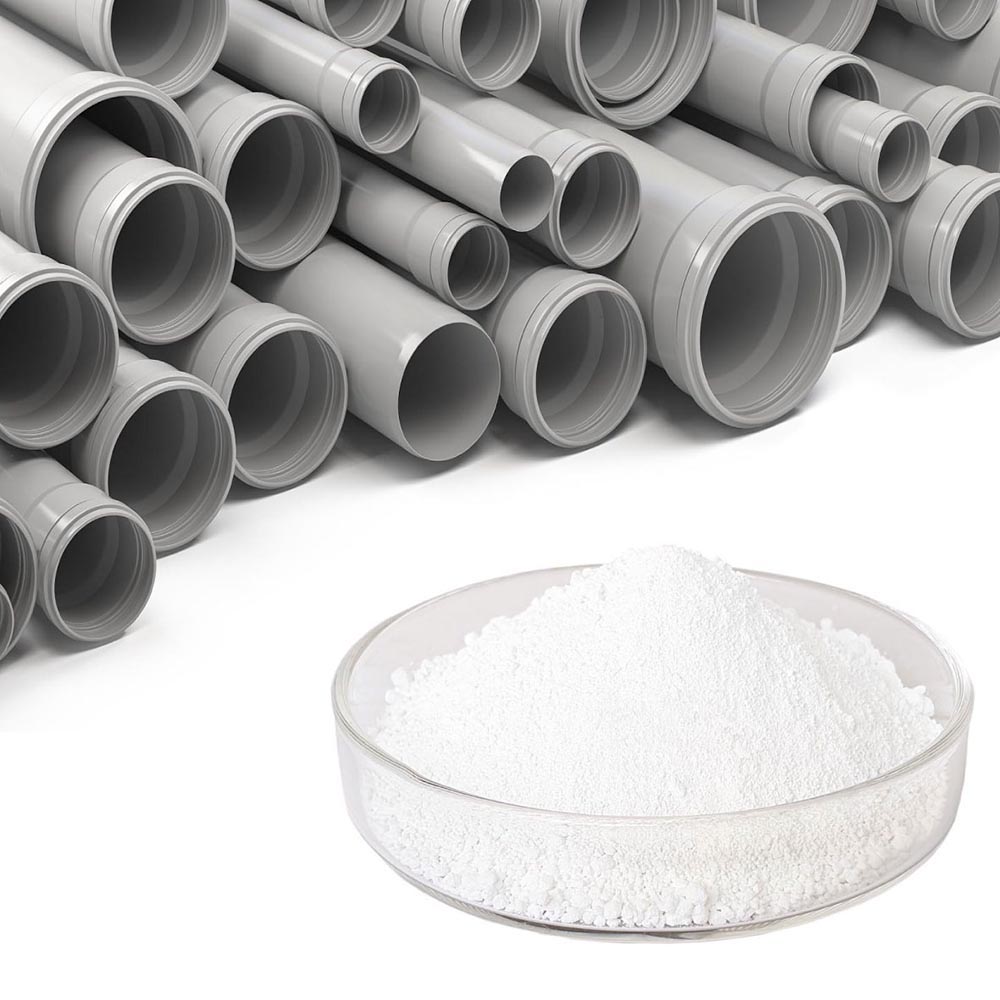Barium-zinc stabilizer is a type of stabilizer commonly used in the plastics industry, which can improve the thermal stability and UV stability of various plastic materials. These stabilizers are known for their ability to prevent plastic materials from degrading, making them ideal for outdoor applications and high-temperature environments. In this article, we will explore the uses and benefits of barium zinc stabilizers in the plastics industry.
Barium-zinc stabilizers are commonly used in the production of PVC (polyvinyl chloride) and other plastic materials. PVC is a widely used thermoplastic polymer used in a variety of applications, including the construction, packaging and automotive industries. However, it is known that PVC is susceptible to degradation when exposed to heat and UV radiation, leading to changes in its mechanical and physical properties. This is where barium zinc stabilizers come in.
The main purpose of using barium zinc stabilizers in PVC and other plastic materials is to prevent degradation due to heat and UV exposure. The role of these stabilizers is to scavenge free radicals generated during degradation, thereby preventing chain reactions that lead to the breakage of polymer chains. As a result, plastic materials remain stable and retain their properties even when exposed to harsh environmental conditions.
One of the main advantages of using barium zinc stabilizers is their excellent thermal stability. This makes them particularly suitable for applications where plastic materials are exposed to high temperatures, such as construction materials, automotive parts and electrical wiring. In addition, barium-zinc stabilizers have excellent UV resistance, making them ideal for outdoor applications where plastic materials are exposed to sunlight.
In addition to thermal and UV stability, barium zinc stabilizers offer other benefits. They are cost-effective and efficient, requiring lower dosages compared to other types of stabilizers. This means manufacturers only need to use the minimum amount of stabilizer to achieve the desired level of stabilization, saving costs and improving the overall performance of the product.
Additionally, barium-zinc stabilizers are known for their compatibility with a wide range of additives and processing conditions. This makes them versatile and easy to integrate into manufacturing processes, allowing greater flexibility in the production of plastic materials. This versatility and compatibility makes barium zinc stabilizers a popular choice for many plastics manufacturers.
It’s also worth noting that barium-zinc stabilizers are considered environmentally friendly compared to other types of stabilizers, such as lead-based stabilizers. As awareness of environmental issues and regulations increases, barium-zinc stabilizers have become more widespread as a sustainable and environmentally friendly option for stabilizing plastic materials.
Barium-zinc stabilizers are widely used in the plastics industry due to their ability to improve thermal and UV stability, prevent degradation, and maintain the properties of plastic materials. Its superior performance, cost-effectiveness and environmental friendliness make it a popular choice for applications where stability and durability are critical. As the demand for high-performance plastic materials continues to grow, barium-zinc stabilizers are expected to play a key role in meeting these requirements while meeting sustainability and regulatory standards.
Post time: Jan-23-2024



